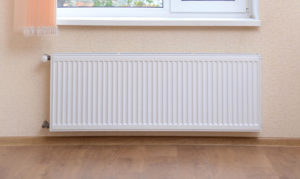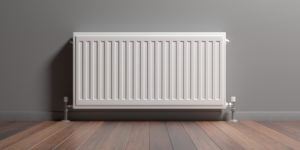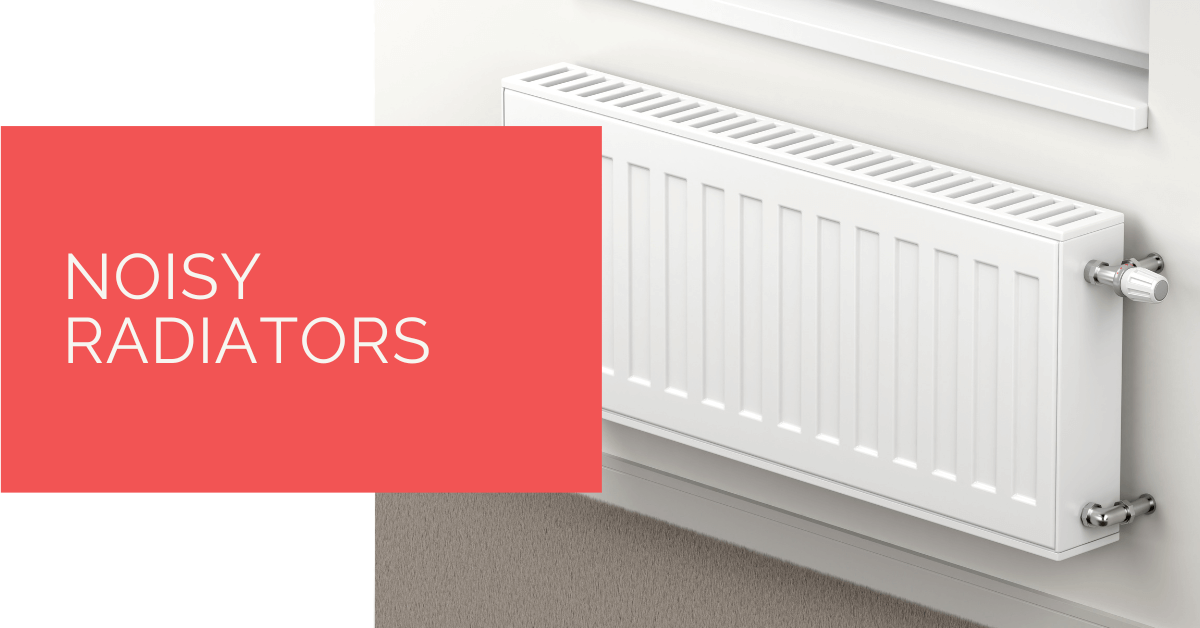Radiators, those trusty heat providers in our homes, sometimes have a peculiar way of expressing themselves – through unusual and sometimes annoying noises. If you’ve ever wondered what’s behind those clicks, gurgles, and bangs emanating from your heating system, this article sheds some light. In simple, accessible language, we’ll explore the common culprits causing these commotions, from trapped air and limescale build-up to copper pipe expansion, and guide you on how to silence your radiators for a peaceful and efficient heating experience.
We’ll dive into the different radiator noises, such as clicking, gurgling, running water sounds, and banging, explaining what they mean and when they might warrant professional attention. Plus, we’ll equip you with practical solutions, like bleeding your radiators, power flushing your heating system, and securing loose pipework to enjoy a quieter and more cost-effective heating system. Your home should be warm and comforting, not filled with mysterious sounds from your radiators, and we’re here to help you make that a reality.
Contents
Key Takeaways
- Noisy radiators or pipes in a central heating system are common but can sometimes indicate significant issues that need attention.
- The main causes of radiator noises include trapped air in the heating system, limescale buildup in pipes, and copper pipe expansion due to temperature changes.
- To mitigate radiator noises, you can bleed your radiators, power flush the heating system, and secure any loose pipework. Regular maintenance by a professional is essential to prevent serious problems.
What Causes Radiator Noises?
Radiator noises can be distinguished from one another. The noise can reveal the problem’s origin and whether or not it can be a cause for concern.
Air Trapped in the Heating System
When the central heating system is used regularly, a tiny amount of air can enter it. The pipes and radiators may start creating a noise if there is enough trapped air. When you turn on the heater, you’ll frequently hear this along with tapping, ticking, or clicking noise.
You might also see that the top of your radiator is cold while the bottom is warm.
This noise may be a little bothersome and indicate that the radiators aren’t heating as well as they could. The boiler and pump will probably work harder to make up for this. This will increase your energy costs and shorten the lifespan of some of the heating components.
Limescale Build-up
Calcium comprises the majority of the minerals in the water in “hard water” regions of England.
While hard water evaporates, it tends to leave behind a calcium deposit; the white residue is known as limescale. If you reside in or around a hard water area, limescale can be found in many things; for example, kettles, around the plug holes, or anywhere there is a dripping tap.
While these limescale spots are visible, you’re likely unaware of them inside the heating system until they become a problem.
As limescale accumulates in your pipes, it reduces the volume of water flowing through them. Again, your system’s components must work more than usual to compensate for reduced hot water flow.

Copper Pipe Expansion
PVC is the most common pipe material in houses built in the last few decades. This is due to its flexibility and low cost of manufacture. However, much older homes will likely have copper pipes transporting water throughout the house.
When hot water flows through the pipelines, the copper heats up and expands in size. If the expanding copper pipe comes into contact with some other surface, like a wall, floorboard, or joist, it may cause damage. Knocks, creaks, and groans are some common noises caused by pipe expansion.
Types of Noises from a Radiator
Let us look into the different types of noises a radiator makes and what conditions lead to them. Based on this, you can fix the problem effectively.
Clicking Sound
The most common noises a radiator makes are clicking and creaking, which is perfectly normal. This is likely due to metal expansion as it comes in contact with hot water. Likewise, as the radiator cools, the water also cools and the metal contracts.
Gurgling Noise
Your radiator may make gurgling noises induced by trapped air. Although radiator pipes get heated due to hot water, air can be trapped in the water. The air in the system tries to escape, causing the noises. Trapped air creates cold spots in the radiator, particularly at the bottom.
Running Water Sound
Air pockets can cause the radiator to make noises that sound like water flowing or leaking. Even though we use water to heat radiators, such a noise is typically not produced. If you hear running water sounds, it can be because the trapped air prevents the proper circulation of water in the pipes.
Banging Sound
Banging noises may be induced by kettling. Kettling is caused by limescale build-up in your central heating unit. Kettled radiators are common in hard water areas.

How Do You Stop the Noises?
The noises described above do not usually cause immediate concern. However, you must contact a professional if any loud noises are particularly alarming or problematic.
Central heating systems always make some noise, but you can take measures to reduce annoying noises.
Bleed Your Radiators
Bleeding the air out of the radiator is one of the easiest ways to prevent noise. It ought to help reduce the clicking and ticking. It would help if you also noticed a shift in the uniformity of heat distribution across your radiators.
Power Flush Your Heating System
Having a plumber clean and power flush the heating system will help it perform more effectively and reduce strange or loud noises.
In addition to calcium build-up, rust, dirt, and sludge can accumulate in your radiators and pipework. Power flushing your radiators will remove most of the debris and enable them to heat up to their full capacity.
Fix Any Loose Pipework
Hiring a professional to inspect any banging or loose pipes is worthwhile. Floorboards may need to be removed, which is something you should avoid doing yourself.
If your heating system makes groaning or creaking noises, securing pipes in place will significantly help to reduce this problem. Safely repaired pipes are substantially less likely to come in contact with another surface. This will not only reduce noise but also help prevent further weakening of the pipes in the future.
Heat Pump Source: Reliable Heating and Cooling Solutions
At Heat Pump Source, we take pride in our unwavering commitment to serving the UK with top-tier HVAC solutions. From the efficiency of heat pumps and the cool relief of air conditioning to the warmth of boilers, radiators, and underfloor heating, our dedicated team is always at the forefront of innovation. We understand the unique needs of every household and business, and we strive to provide dependable health and cooling products and services that are tailored just for you. Ensuring your comfort and satisfaction is our utmost priority. Whether you have questions, need guidance, or require support, we’re always here to assist. Please don’t hesitate to contact us; we’re eager to be of service.
Conclusion
Radiators ought to be seen rather than heard. It is accurate that these household functionalities become a part of your home’s design, either blending in or standing out. Nobody wants a radiator that sputters in the middle of the night or rattles during the day.
If there is a noise problem with your radiators or pipework, contact a professional to investigate. Water damage can be highly costly to properties, so it’s not worth the risk of ignoring a potential problem.
A skilled heating engineer can perform boiler and heating system maintenance, resolve existing issues, and identify problems before they become serious. Maintain your system once a year to
- Minimise annoying noises
- Keep the system running effectively and efficiently
- Extend the lifespan of all the heating components
About the Author
At Heat Pump Source, our articles are the product of a collaborative effort among a team of highly skilled HVAC experts. Our dedicated professionals, hailing from diverse backgrounds in heating, ventilation, air conditioning, and refrigeration, contribute their extensive knowledge and experience to every piece of content. This multidisciplinary approach ensures comprehensive coverage. Our commitment is to deliver authoritative, reliable, and tailored advice to meet the unique needs of every household and business across the UK.

